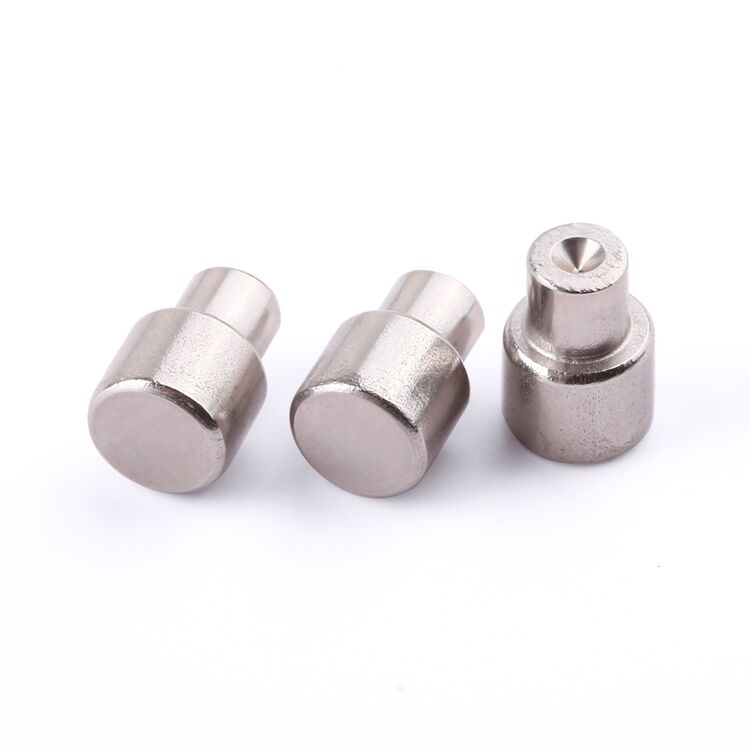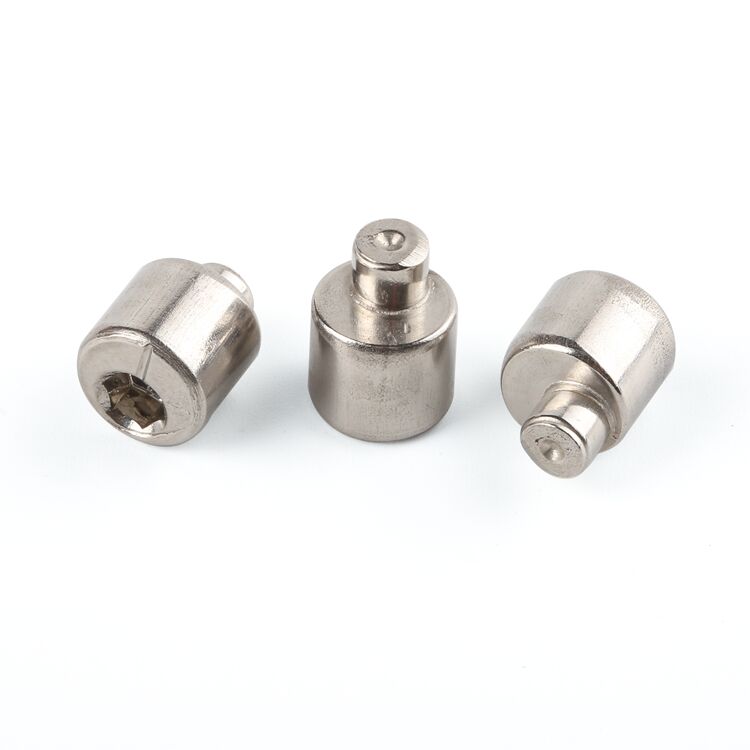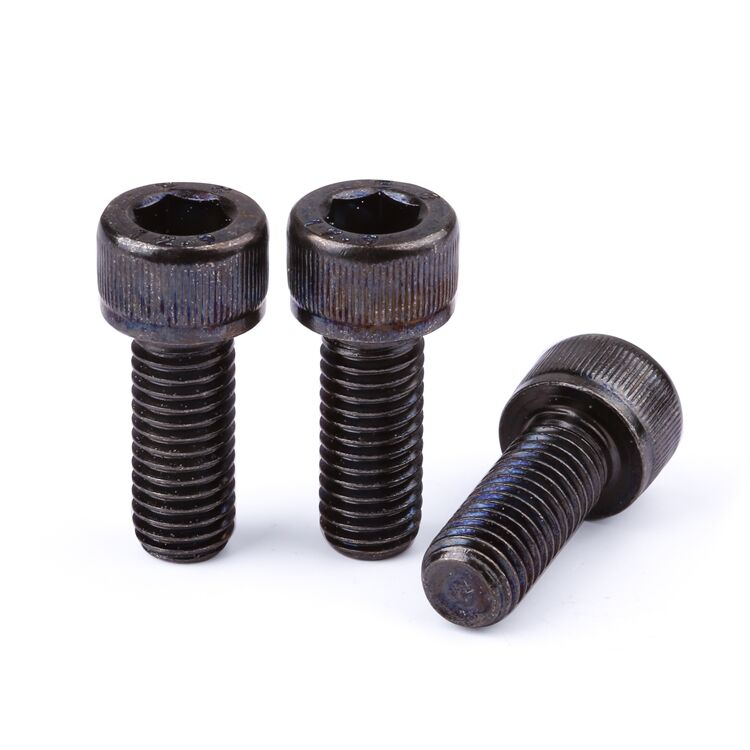Jeste li ikada pogledali male šrube koje se ubacuju u zidove za visenje slika ili malih dekorativnih police? Također je važno spomenuti da ćete potrebovati Zavarivanje u gipsum karton . Ovo je posebno korisno za stvari koje želite visiti na zidove. Postoji zapravo mnogo različitih vrsta šrubova za gipsokarton, a svaka vrsta je namijenjena drugačijem zadatku. To je istina! Ovaj članak će pokriti sve što trebate znati o šrubovima za gipsokarton i koji su odgovarajući za vaš posao.
Deblji gipsokarton (obično debljine 5/8-inch) zahtijeva vijak koji je duži i ima grubu šuplju. Gruba šupljica vijka se ugrize u gipsokarton kako bi ostao čvrsto i sigurno na mjestu gdje ste ga postavili. To je ključno za sigurnost i jačinu vašeg gipsokartona.
Za metalne stubove, trebali biste imati druge špice nego one koje se koriste za drvene stubove jer su jedinstvene za metal. Ove špice često se nazivaju samoodravljive, a imaju vrlo oštre vrhove za presijecanje metala. To su metalne okvire idealne za upotrebu uz njih.
Također možete razmisljeti o korištenju šrafa Philips umjesto flat head (ravnih glava). Umetnite šrafove u gipskarton. Glava šrafa Philips je oblika plus znaka za njihovo upućivanje. U odnosu na svoje kvadratne ili ravnoglave braće, pouzdanost: vaši šrafovi nisu toliko vjerojatno da se pomaknu dok ih zatezujete, što znači manje rada i vremena za vas.

To će vaš projekt činiti malo jednostavnijim i lakšim za dovršetiti s izborom pravog vrsta gipskartonskih šrafova. Više nećete se boriti s šrafovima koji su preširoki, preduboki ili skoro ne drže gipskarton. Zato je važno koristiti prave šrafe za vaš posao.

Počnite s korištenjem detektora studova kako biste identificirali štapi, poznate i kao štapi, iza gipskartona. To je ključni korak, jer osigurava da su šrafovi čvrsto zakotveni. Kada šrafovi nisu u štapima, s vremenom može biti loša ideja ih tamo zategnuti.

Kvalitetni vodootporni šrubi za gipsokarton mogu poboljšati efikasnost vašeg projekta, kao i njegovu trajnost. Izaberite šrube od otpornijih materijala poput nerđajuće ocele i ugljenovode i one koji imaju ravni protiv korozije. To uključuje nekoliko dodatnih savjeta kako biste dobili maksimalnu efikasnost i životni vijek od svojih šrubova za gipsokarton.


